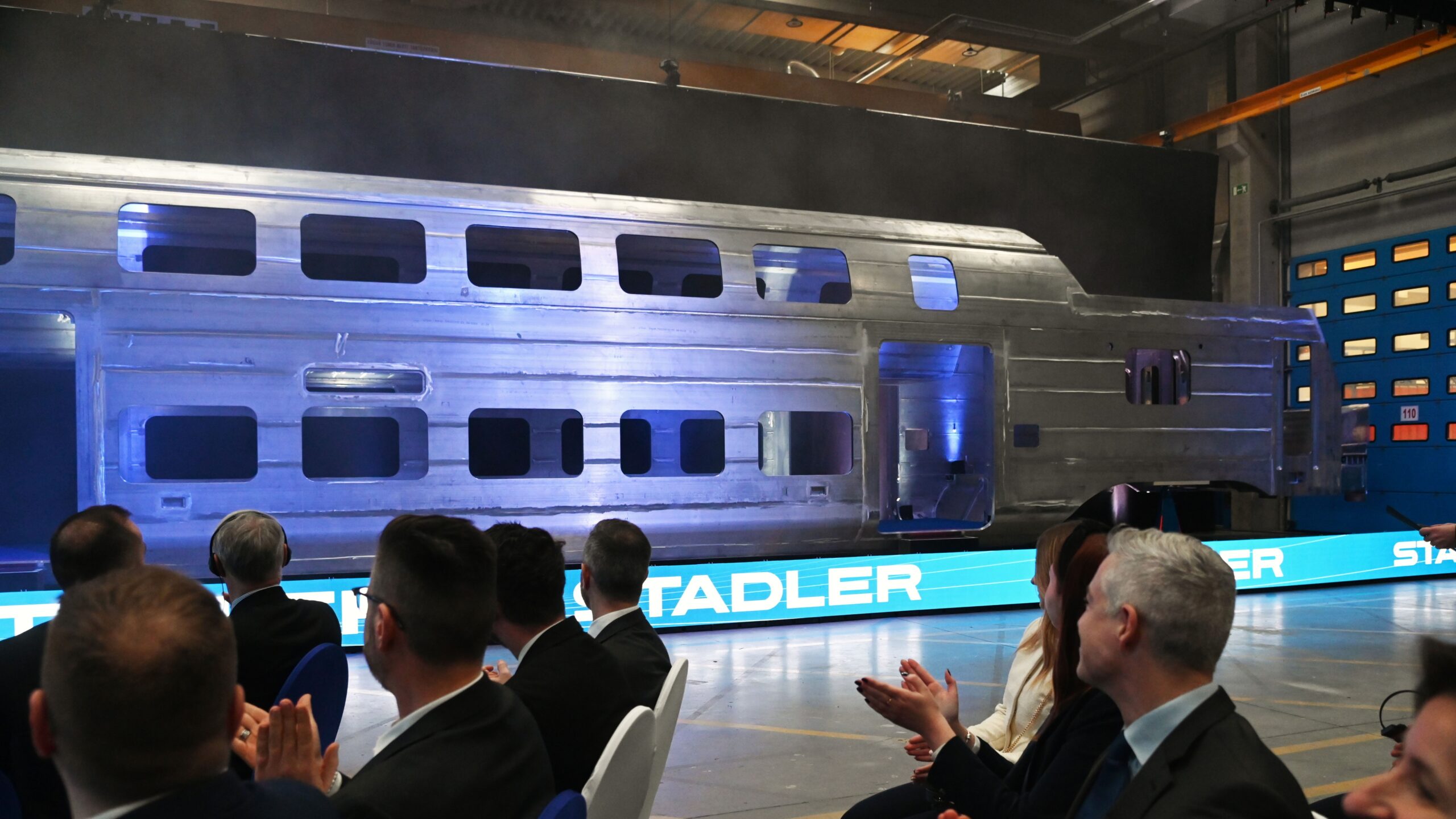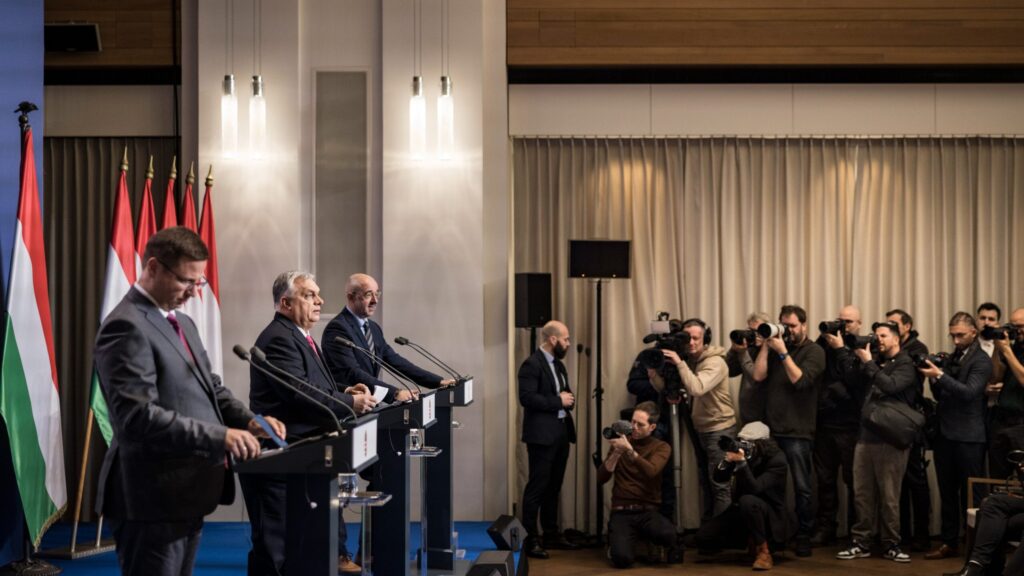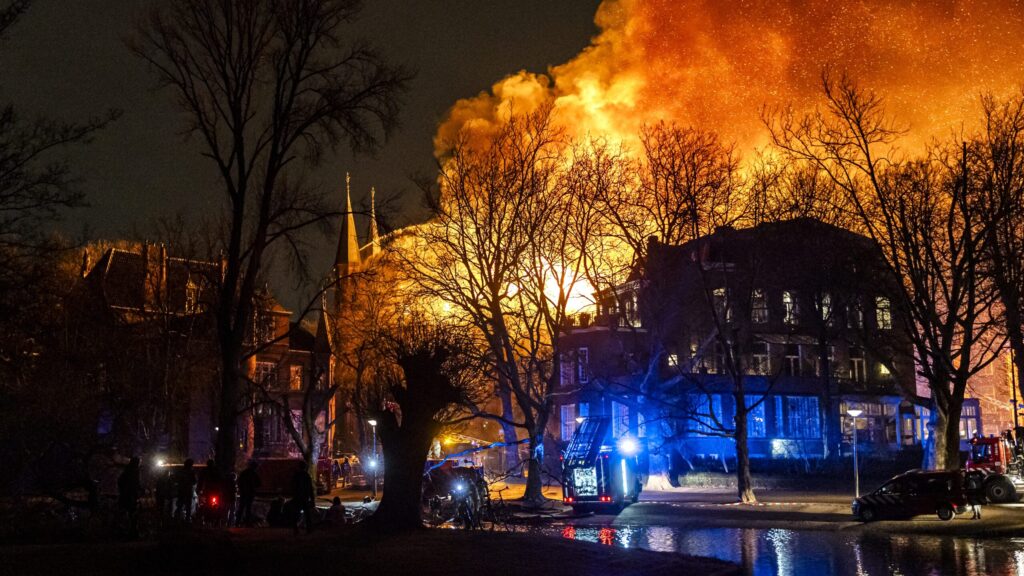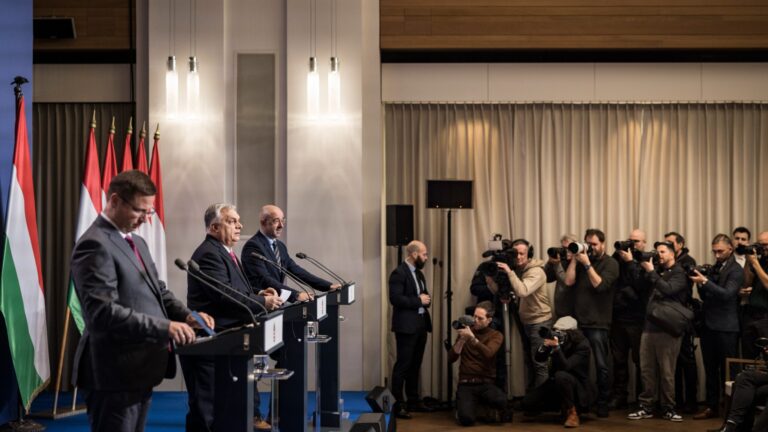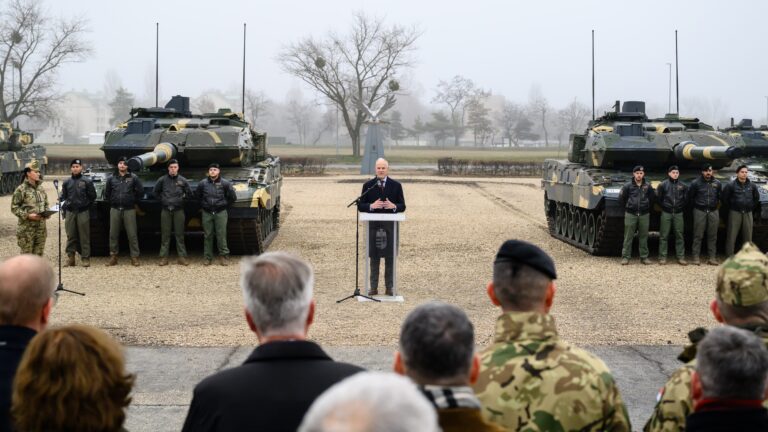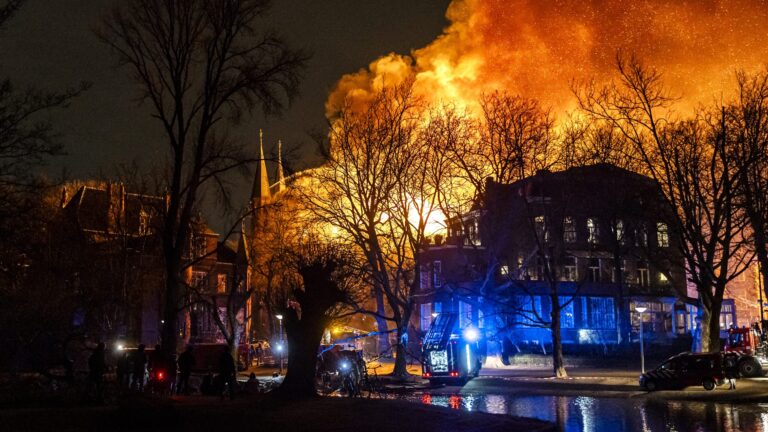The Hungarian economy and rail industry celebrated a significant milestone with Stadler’s latest investment on 17 January. As Minister of Foreign Affairs and Trade Péter Szijjártó stated at the inauguration of the Stadler factory in Szolnok, the new facility will enhance manufacturing capabilities, infrastructure, and transportation technology in the country.
The Swiss-owned company’s investment increases production capacity by 20 per cent and enables the manufacturing of double-decker aluminium railway car bodies, a first for Hungary.
Szijjártó emphasized that this milestone benefits not only Szolnok and Stadler but the entire Hungarian economy. Stadler has invested approximately 80 billion forints in Hungary so far, producing 5,600 rail car bodies that serve rail networks in 14 countries, including the United States, Spain, and Germany.
Future developments are under negotiation, potentially introducing unprecedented technological innovations to Szolnok.
‘The Swiss company’s investment enables the manufacturing of double-decker aluminium railway car bodies in Hungary’
The minister highlighted the company’s significant role in Hungarian daily life, with half of Hungary’s rail passengers using Stadler-built carriages.
The newly inaugurated 4,300-square-metre facility in Szolnok features advanced friction stir welding technology, reducing raw material and energy usage while minimizing waste. This innovation makes production more sustainable and competitive, with full implementation expected by year-end.
The facility’s expansion, supported by a 45 million euro investment, will create 170 new jobs in Szolnok. To date, Stadler has invested 200 million euros in its Szolnok operations.
Stadler, headquartered in Bussnang, Switzerland, employs over 14,500 people worldwide and is a leader in rail vehicle manufacturing. Its product range spans high-speed, intercity, regional, and suburban trains, along with trams and cogwheel vehicles.
The company’s presence in Hungary includes three locations: manufacturing in Szolnok, maintenance in Pusztaszabolcs, and its national headquarters in Budapest. Its commitment to local partnerships has elevated Hungary-Switzerland economic ties, with Swiss companies among Hungary’s top ten investors, employing over 30,000 people.
Despite global challenges, including the pandemic and geopolitical tensions, Hungary has maintained political stability and an investment-friendly environment. In the past decade, the government has supported 53 Swiss investments, fostering growth and resilience in the face of adversity.
Hungary’s commitment to economic neutrality has attracted investments from 19 countries across three continents in 2023 alone, securing agreements worth 4 trillion forints.
Related articles:

